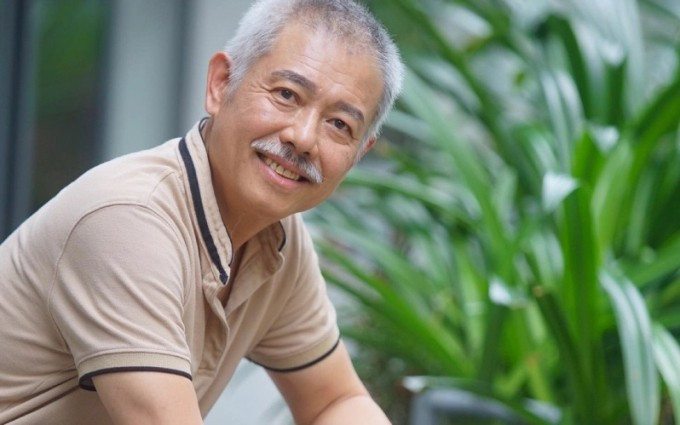
Resolution 71-NQ/TW of the Politburo orients many preferential policies for educational institutions, encourages investment in education development as well as proposes solutions to remove bottlenecks in education. Resolution 71 of the Politburo on breakthroughs in education and training development brings great opportunities for the education sector to break through and create breakthroughs in the era of development. Professor Truong Nguyen Thanh had an exchange with Tien Phong reporter about Resolution 71.
Need a general engineer with multidisciplinary knowledge
PV: How do you evaluate the new breakthroughs of Resolution 71?
I was very excited when I read the 4 pillars of Resolution 71. I have been traveling to Vietnam since 2007, which is exactly 20 years. I have observed Vietnam's development over those years. This is the first time I have hope that Vietnam will make a breakthrough if we really implement and realize the pillars as set out in Resolution 71.
Regarding Resolution 71 in terms of education , the strategic direction and development direction are very correct. If we implement it in the right spirit of Resolution 71, it will be wonderful.
PV: In your opinion, what factors are needed to realize Resolution 71?
I think that Resolution 71 can be implemented if we can assemble a team from education, information technology, infrastructure, and many other components. From lecturers, different components in the team must work together to see the different problems in different user groups. We need to pilot in primary, secondary, and high schools, in areas that we think have good things and remote areas of our country.
In addition, there needs to be a multi-disciplinary team led by a general engineer with multi-disciplinary knowledge. The general engineer must be able to communicate with many components, provide a clear implementation roadmap, report and have a KPI for the teams. This general engineer will be responsible for reporting to the Government , the Ministry of Education and Training and relevant parties monthly and quarterly to know where the project is going and how far it has come. Only by doing so, I believe that Resolution 71 is feasible.
Universities should be encouraged to develop internal strength rather than external strength.
PV: With your management and research experience, in your opinion, what conditions do we need to prepare to make the goal of having a university in the top 100 in the world and 8 schools in the top 200 in Asia, as set out in Resolution 71, come true?
Actually, aiming for a world-class university ranking is a good, measurable goal. But to achieve that goal, we have two options.
First, universities develop their internal strength. Normally, a university is evaluated through its training program, infrastructure, lecturer capacity, and scientific research capacity. Currently, the training program, infrastructure, lecturer capacity, and doctoral qualifications are quite good. But the most difficult thing to increase a university's ranking is its scientific research capacity. That is the ability to research and publish scientific research articles in international journals. Developing scientific research capacity requires time.
Second, if we do not choose to develop internal resources, schools with money will invest in external resources. In the past, some universities, as we know, developed in the direction of external resources. But if we increase in this way, it will not be sustainable. Meanwhile, universities that develop scientific research from internal resources are sustainable. Once they have internal resources, they only need to develop from that internal resources, but it takes time.
I think Vietnam has the ability to develop its internal strength. We need to encourage universities to develop their internal strength and scientific research capacity instead of investing in external resources. External resources are quick and easy but not sustainable.
If Vietnamese universities develop their internal strength and want to have a university in the top elite universities as proposed in Resolution 71, I think that in about 20 years Vietnam will achieve that. But the condition requires us to do it systematically, with a clear strategy. That means universities have money to invest in research to have some leading scientists, invest in systematic labs like the program "1000 stars of China", then Resolution 71 will be realized.
PV: A very strong directive in Resolution 71 is to allocate at least 20% of the total state budget for education, along with great incentives for teachers. In your opinion, how will this affect the quality of human resources and the attractiveness of the teaching profession?
I think Resolution 71 is a big step forward. For a long time, we have been confused about the issue of teachers' extra teaching. To be fair, teachers do not want to teach extra, to have more work. If their salary is enough to live on, they do not need to teach extra. Therefore, if teachers' income is enough to live well, I think the problem of extra teaching will be solved. Then, there will be no need to force children to go to school all day, students will have time to rest, develop other skills instead of just going to school all day.
With such an investment strategy in education, it shows that the government sees education as an important step in developing future human resources.
One thing that I am a little concerned about is that Resolution 28, which issued the Action Program to implement Resolution 71, has not yet outlined any policy changes regarding student assessment. If we introduce technology into education, and there is information that AI needs to be introduced from primary and secondary levels, but if we still maintain the same way of assessing students, we will not change much, or not change at all.
We have an AI tutor who can answer everything, but if we continue to assess our abilities as they are now, which is just testing knowledge, it is not good. Schools need to have a new way of assessing.
“A unified set of textbooks is not a big challenge for education in Vietnam”
PV: The Government has just issued an Action Program to implement Resolution No. 71 of the Politburo on breakthroughs in education and training development. Accordingly, it is necessary to ensure the provision of a unified set of textbooks nationwide for use from the 2026-2027 school year; and to implement a roadmap to provide free textbooks to all students by 2030. What do you think about this task?
I think that having a unified set of books or many sets of books is not a big challenge for education in Vietnam. The Ministry of Education and Training can synthesize a unified set of books from what it already has. The difficulty and challenge for education today is that AI is changing very quickly. To propose a set of textbooks, we must say what the activities are, what the exercises are, who the role of AI is, how students learn. This is the challenge. Not the challenge of one set of books or many sets of books.
The issue of the new set of books is that they are free for all students, with a comprehensive digitalization policy, so I think it should be opened to all people, not necessarily to high school students. People have equal access to educational infrastructure in high school, regardless of age.
The Ministry of Education and Training needs to make a decision. If we need a set of textbooks right away, we should choose one that is as neutral as possible, then spend time building a new set that is good and approaches the problems that AI is challenging. This will create opportunities for us to build digital infrastructure and incorporate new requirements into textbooks.
PV: What will be the fate of the old books we have, sir?
Many countries do not have only one textbook. In fact, in the US, a school chooses many textbooks for students to refer to.
I teach at university and use many books for students to refer to. I also build lectures based on many books, usually 3-4 different textbooks. A lecture from many different sources allows students to hear different issues than a teacher who only uses one book, so students feel the value of attending class is more than receiving a lecture like in a book.
The old books we have should not be discarded but used as reference books for the school. I choose one book set as the standard and the other books can be used for exercises, reference materials, or lectures, as long as the students have the best possible things.
Thank you!

Consider transferring the investigation agency of the case of the secondary school in Ca Mau establishing a 2.9 billion fund
Source: https://tienphong.vn/gs-truong-nguyen-thanh-1-bo-sach-thong-nhat-khong-phai-la-thach-thuc-lon-voi-giao-duc-o-viet-nam-post1784539.tpo


![[Photo] Prime Minister Pham Minh Chinh chairs the Conference to deploy the National Target Program on Drug Prevention and Control until 2030](https://vphoto.vietnam.vn/thumb/1200x675/vietnam/resource/IMAGE/2025/10/09/1759990393779_dsc-0495-jpg.webp)

![[Photo] Prime Minister Pham Minh Chinh chairs a meeting of the Government Standing Committee on overcoming the consequences of natural disasters after storm No. 11](https://vphoto.vietnam.vn/thumb/1200x675/vietnam/resource/IMAGE/2025/10/09/1759997894015_dsc-0591-jpg.webp)

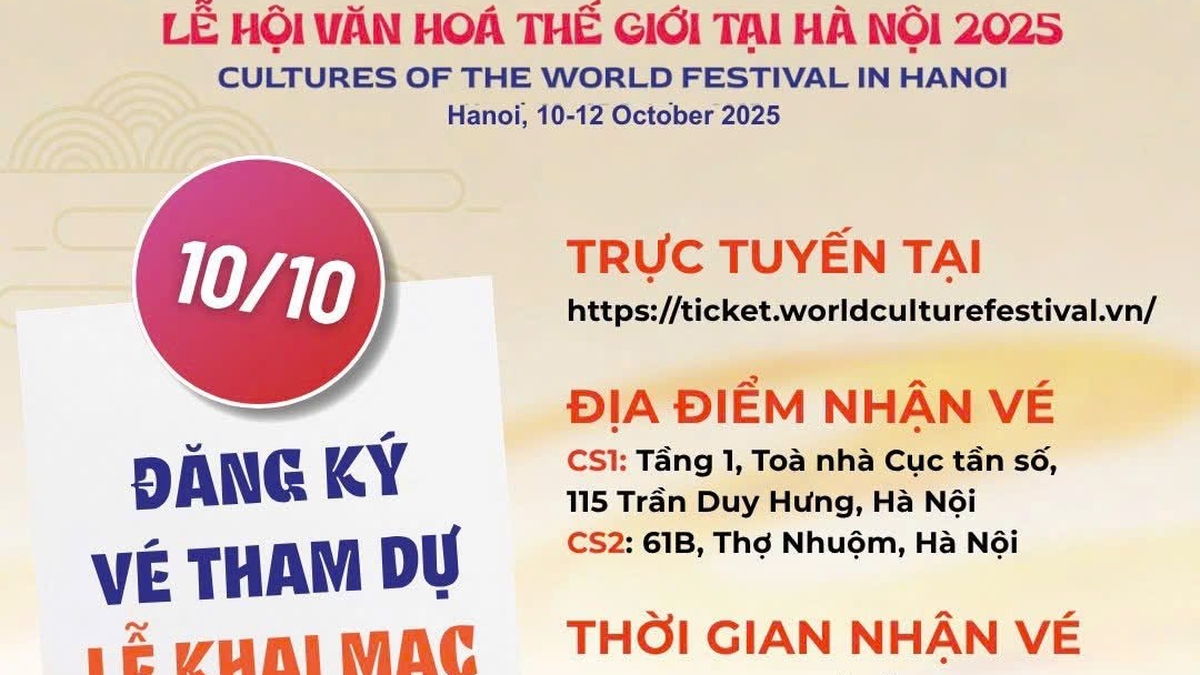



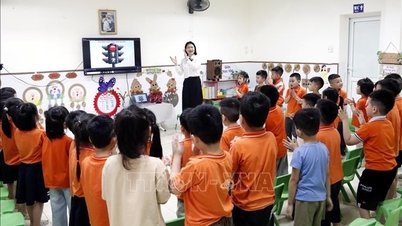

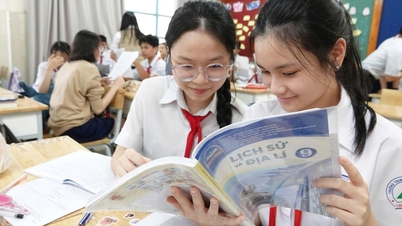

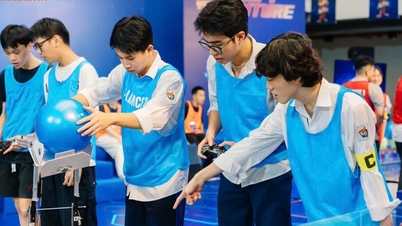


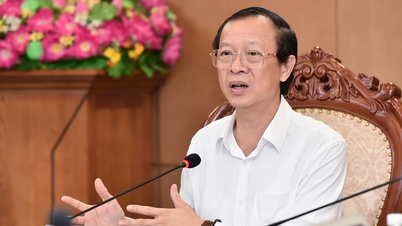


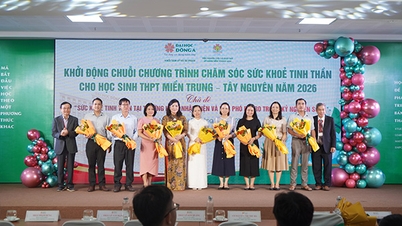




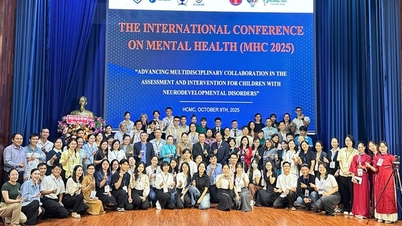
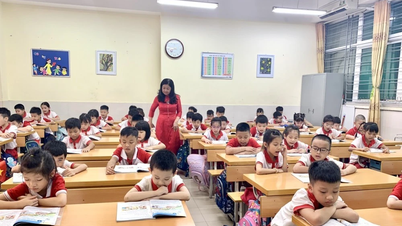

















































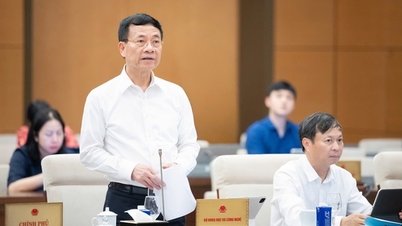

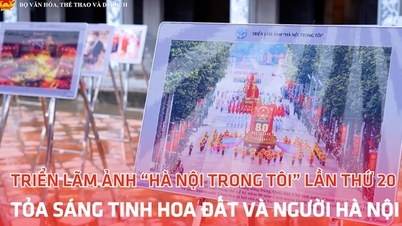



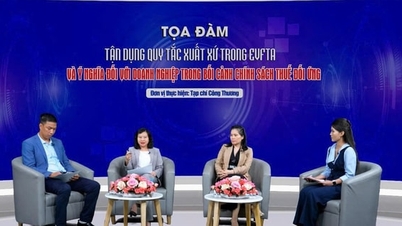


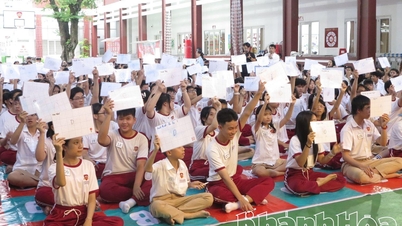

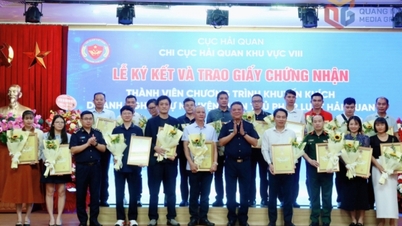

















Comment (0)